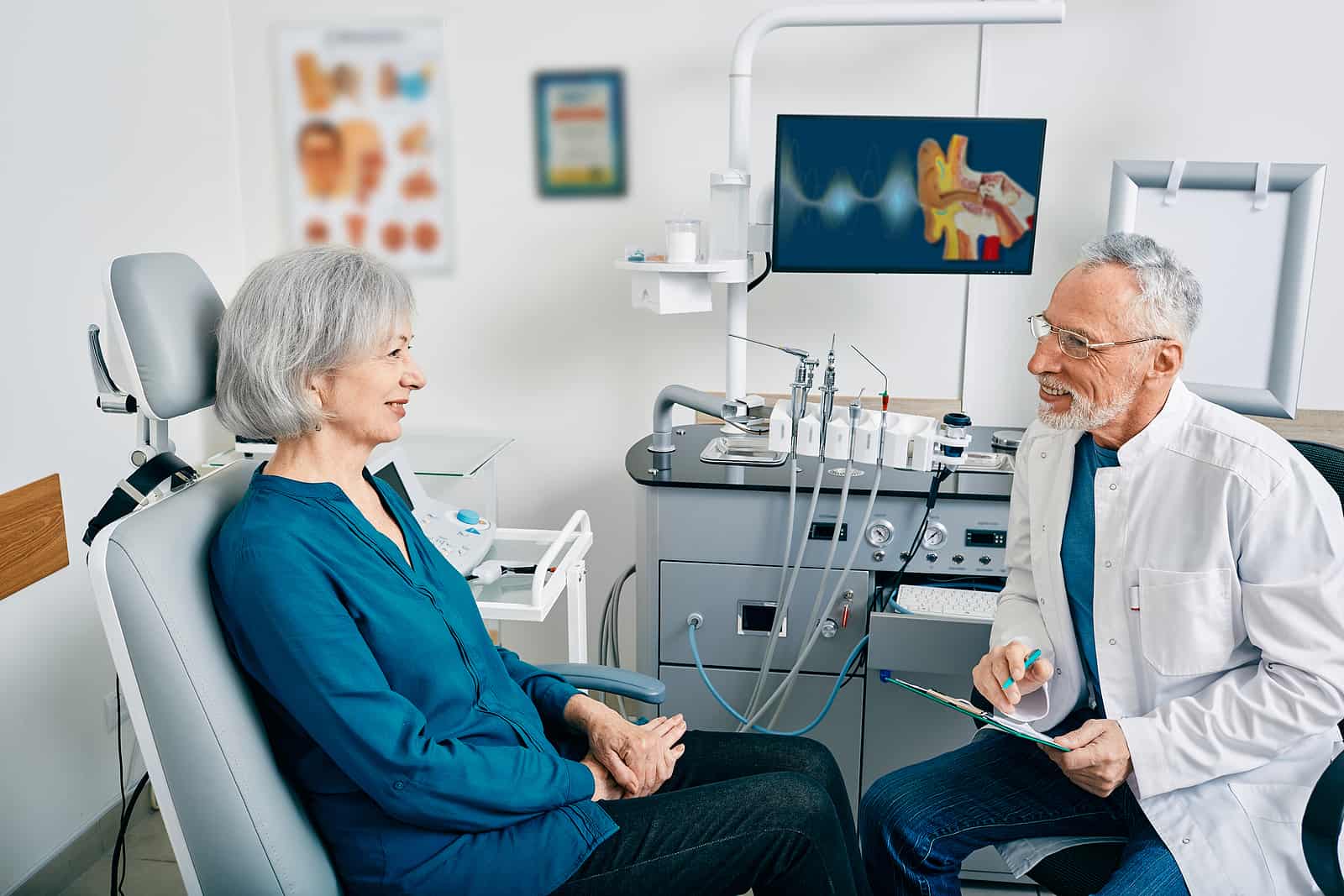
The Importance of Hearing Health
Though people most often fail to recognize it as such, hearing health is a cornerstone of overall health that is just as essential as proper diet, exercise, and sleep. So many aspects of one’s overall health crumble when hearing health is not properly maintained. It is impossible to know exactly how common disabling hearing loss actually is. But we do know a few startling statistics that should provoke anyone to immediate action.
Hearing loss is far more common than most people know. Though less than three out of every 1,000 births involve some manner of congenital hearing loss, around 13% of the total population lives with it to some degree. This means somewhere between 35-45 million Americans. And of these people, less than 20% of them take the initiative to treat it with the proper course of action determined in cooperation with a specialist. Looked at another way, more than 80% of everyone with hearing loss brushed it off and minimized it. Knowing what we know about how essential hearing health is, how can this be?
Hearing Loss Comes on So Gradually
Hearing loss comes on so gradually that it is most often impossible to recognize. You probably will not notice if you are forced to concentrate a little extra to make out what someone is saying. And if you do notice, you are unlikely to attribute it to hearing loss. Why should you suspect the fidelity of your senses? They have served you well until now, quite literally grounding your entire experience of the world. Who thinks to question that?
You don’t hear a family member calling out from another room, you probably assume it’s just the rumble of the vents. A colleague addresses you with her head turned and the message gets muddled, you subconsciously assume it’s nothing more than a normal aspect of communication that you are occasionally forced to fill in some blanks. In fact, many people do this and even read lips so instantly and seamlessly, they most likely are not aware that any of it is happening.
Bad Habits Become Normalized
Many common habits contribute to hearing loss. Loud concerts are obvious. The thrill of being in a crowd all feeling overwhelmed with emotion together, it is no surprise that many people are hesitant to do anything that will diminish the impact, such as wearing ear plugs.
But it is not just concerts. Consider the resonant shriek of the thrilled crowd at a sporting event. Or the loud music in an aerobics class. Or your loud headphones on your commute. Maybe it is the constant rumble of machinery at work.
We all become accustomed to our habits and fail to recognize that we are leaning in a little more closely or concentrating a little more intentionally to understand someone. We fail to recognize that we have bumped the volume on the TV up a couple notches. Without any specific moment of recognition, it makes sense that someone does not think to take action.
The pace of contemporary life does not allow most of us much time for reflection. It is no wonder that people frequently adapt to compromised health rather than take action to rectify it. We have professional and personal expectations and responsibilities to meet. Who can find the find?
Simple Denial
And perhaps most subtly, and most powerfully, admitting that you have a problem makes you responsible for rectifying it. There are very real psychological barriers we all have in place that help us keep up with what is expected of us. We think, hearing loss doesn’t happen to someone like me. That happens to other people, older people. But hearing loss can happen to anyone at any age.
Left untreated, as it so commonly is, hearing loss unfurls into damaging psychological and emotional consequences that compound each other: isolation, depression, dementia. Taking action to intervene appropriately as soon as possible diminishes the threat of these side effects requiring greater action.
Do The Right Thing Today
Taking action to assess and rectify your hearing health is an investment in your overall quality of life. It is never too soon to educate yourself about the responsible preventative habits you can form. It is never too late to seek appropriate treatment with the guidance of one of our specialists.
There’s no reason for you to live anything less than your fullest potential. Make an appointment with one of our specialists today to start exactly where you are with the treatment option just right for you.
